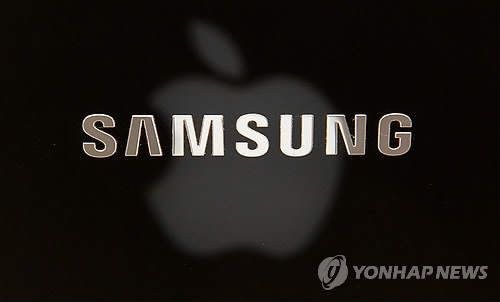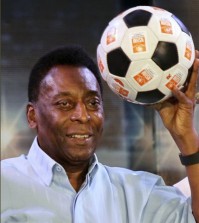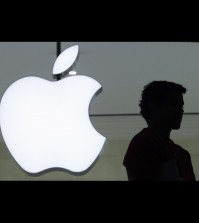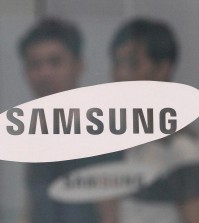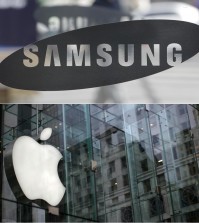- California Assembly OKs highest minimum wage in nation
- S. Korea unveils first graphic cigarette warnings
- US joins with South Korea, Japan in bid to deter North Korea
- LPGA golfer Chun In-gee finally back in action
- S. Korea won’t be top seed in final World Cup qualification round
- US men’s soccer misses 2nd straight Olympics
- US back on track in qualifying with 4-0 win over Guatemala
- High-intensity workout injuries spawn cottage industry
- CDC expands range of Zika mosquitoes into parts of Northeast
- Who knew? ‘The Walking Dead’ is helping families connect
Apple denied Samsung sales ban
By Kim Yoo-chul
A federal U.S. judge denied Apple’s request to slap a sales ban on the Galaxy S3 and older smartphones manufactured by Samsung Electronics.
A court ruling by Judge Lucy H. Koh from the U.S. District Court for the Northern District of California, stated: “Apple has not established that it is entitled to the permanent injunction it seeks. Apple’s motion for a permanent injunction is therefore denied.”
The smartphones in question were those found in May to have violated three of Apple’s patents.
The filing pointed out that Apple is moving based “only” on the three patents to keep Samsung from making, selling, developing or advertising its products.
“Apple has not satisfied its burden of demonstrating irreparable harm and linking that harm to Samsung’s exploitation of any of Apple’s three infringed patents. Apple has not shown that it suffered any of these alleged harms because Samsung infringed Apple’s patents,” Koh said.
Samsung said it welcomed the ruling. “We remain committed to providing American consumers with a wide choice of innovative products,” the Korean company said.
“This decision is great news not only for Samsung but also for Google, the developer of the Android mobile operating system,” German-based intellectual property expert Florian Mueller said on its popular FossPatents blog.
In this second California case, Apple is essentially suing Samsung as a proxy for Google, said the expert.
Mueller expects Koh will “very soon” rule on the parties’ other post-trial motions.
Samsung is pushing for a further adjustment in its favor, especially for the invalidation of certain asserted patent claims, while Apple would ideally like a retrial because the damages award was disappointing from its point of view, Mueller said.
“Apple wanted almost 20 times more money than the jury awarded,” Mueller added.
The ruling is expected to lay the groundwork for Samsung and Apple to drop their ongoing patent litigation in the United States.
The two companies earlier agreed to drop all lawsuits, globally, other than those in the United States after Samsung Electronics Vice Chairman Lee Jae-yong met with Apple CEO Tim Cook at an event with owners and CEOs at major technology companies in the Silicon Valley.
“Apple’s continued inability to convince U.S. courts that its patents entitle it to drastic remedies has probably increased the likelihood of a near-term settlement of the remaining litigation between them,” Mueller said.







